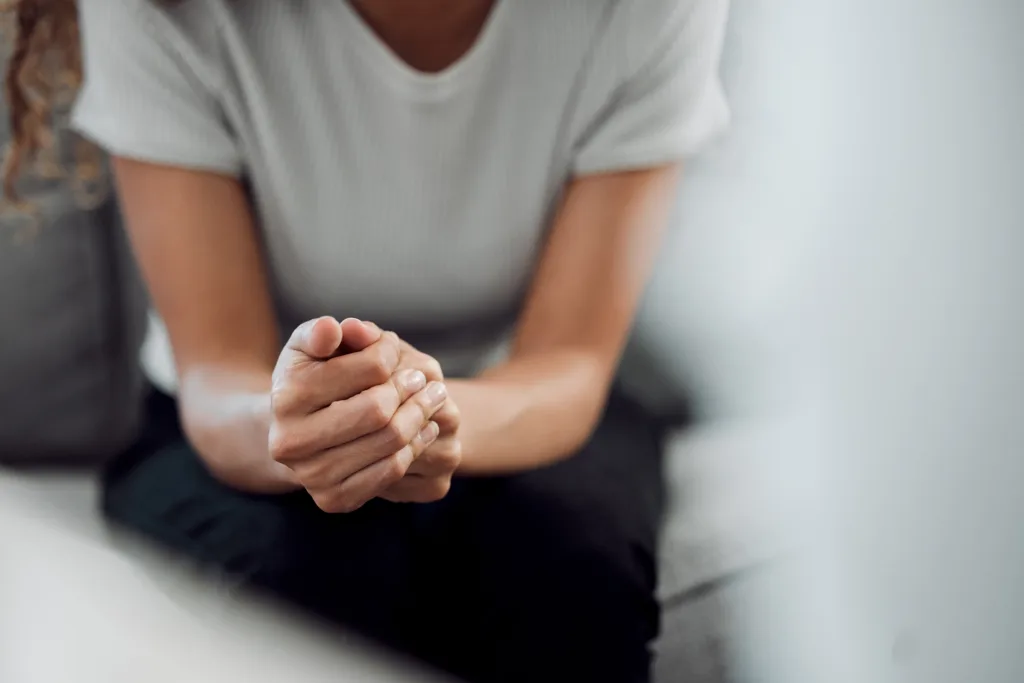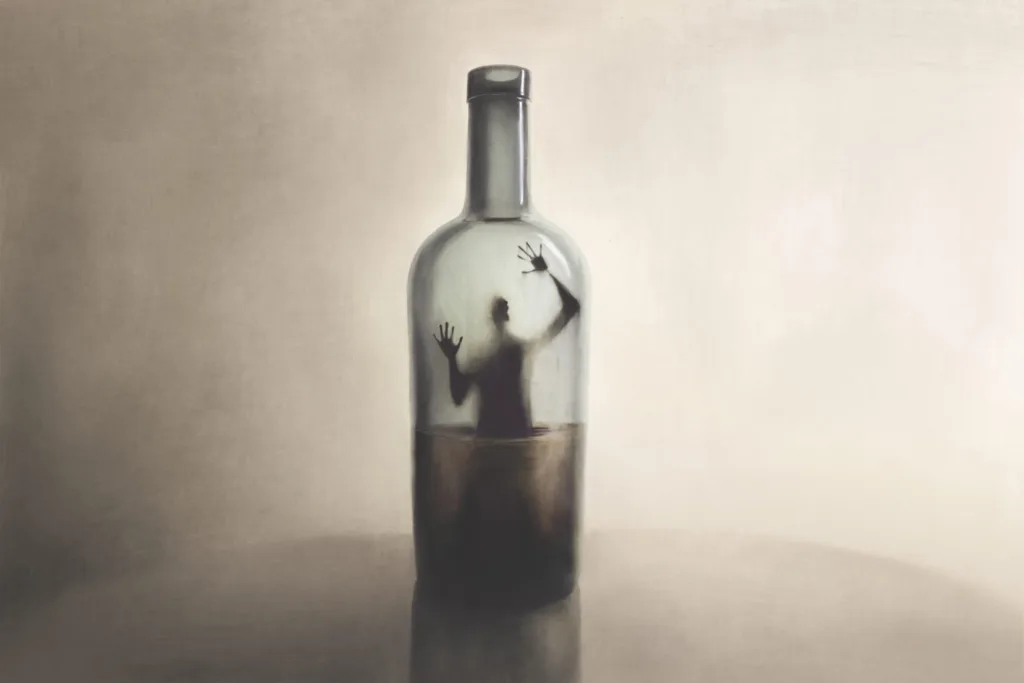How to Manage Holiday Triggers

From Thanksgiving to New Year we waltz through the holiday season, prepping for parties, purchasing gifts, pulling out old recipes and engaging in favorite traditions. Much of these days are spent with friends and family, making special memories and enjoying the time off work and school.
But for some, the holidays are a triggering time – veterans especially have expressed the challenges this season presents, as the festivities often have the negative effect of worsening preexisting mental health conditions.
How holidays affect veteran mental health
Everyone can feel the pressures of the holidays from time to time – there are plenty of deadlines, expectations and commitments that can pile on the feelings of stress. But for those who are also struggling with mental health or addiction, the additional pressures of the holidays, not to mention the strong focus on family and friends, can exacerbate symptoms.
Veterans are especially at risk during this time for experiencing a worsening of symptoms. One veteran wrote, “[E]ach time I would get around family during the holidays I felt more distant…I reached a point where I loathed the holidays. I wanted nothing to do with them. I had more thoughts of ending everything and gambled more between November and January than I did at any other time of the year.”
While it is not statistically accurate that suicide rates for veterans increase during the holidays, many indeed feel an increased sense of loneliness, depression and isolation during this time.
Veterans may also experience triggers for post-traumatic stress disorder, especially when in large crowds of people; they may suffer from survivor’s guilt, knowing how companions from the military are absent from their homes and families; or they may feel strong emotions around dates or anniversaries that hold significant memories from this time of year while in active duty.
With all of these potential triggers and effects of the holidays, it’s no wonder that many veterans are less than thrilled when the Christmas season rolls around.
Helping veterans manage the holidays
If you are a veteran struggling with the holiday season, try these methods of boosting mental health and managing symptoms of depression and PTSD – you might find that intentional care of your brain and body during this time can help mitigate negative emotions.
Put yourself in a healthy routine
If your schedule is upset by the holiday festivities, remember that you still can keep yourself on a routine. This can help lessen feelings of boredom, and keep you accountable to healthy things, like getting enough sleep, exercising every day, preparing yourself nutritious meals and whatever other mindful practices you pursue (yoga, breath-work, cold showers, etc).
The stability of the routine will keep you accountable to yourself, can help lessen stress and anxiety and will give you a constant to rely on when your commitments otherwise feel out of whack.
Volunteer your time
Giving to others through volunteering is a terrific way of pulling yourself out of your head and giving you the chance to focus on caring for other people. Not that focusing on your own needs is bad (quite the opposite, actually) – but volunteering can help stop the cyclical pattern of negative thoughts by giving you something beneficial to focus on.
Plus, volunteering gives back to you in ways you never imagined, and will likely also provide you with a much-needed sense of community.
Set your boundaries, but don’t isolate
It’s important that you know what you can and cannot handle and remain grounded in that. If you know a loud firework show on New Years will trigger PTSD, decline the invitation or offer a different way to celebrate.
However, when declining events, make sure it’s not out of a desire to isolate, as this can lead to a worsening of symptoms. Offer alternatives so you can still enjoy the celebration in a way that doesn’t put your mental health at risk.
Seek out community
You may feel like you need to tough out this season alone and just get through it – but you don’t. This is the first lie your brain will tell you, but it truly is a lie. Not one person is saying you need to manage what you’re feeling by yourself.
During the holidays, if you aren’t already part of one, consider routine meetings with support groups. If you do battle an addiction, consider alcoholics, narcotics or gamblers anonymous groups. Or, see if there are general support groups in your local area to join.
Support groups, while they do focus on addressing mental health concerns, also have a strong emphasis on community. This is a crucial part of recovery, as a sense of community during this time of year is guaranteed to help you feel less alone and more supported when the holidays arrive.
Need to talk to someone during the holidays?
Whether you choose to seek out the comfort of friends or family members, or need more professional help from a therapist, the support you need is available.
Contact Pyramid Military Program to learn more by calling 814-631-5676 or by contacting us online today.



